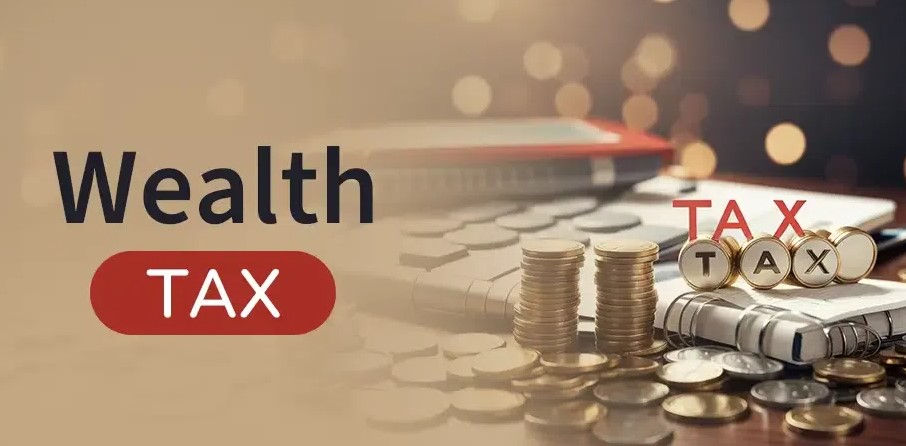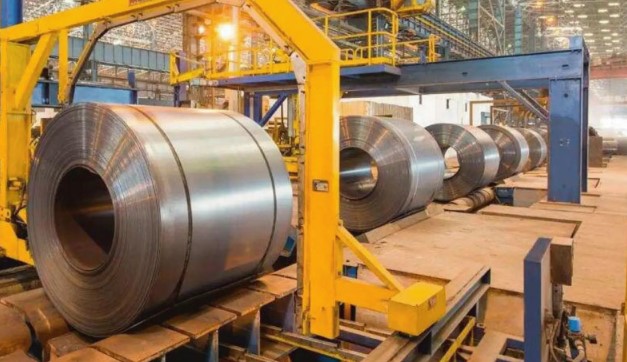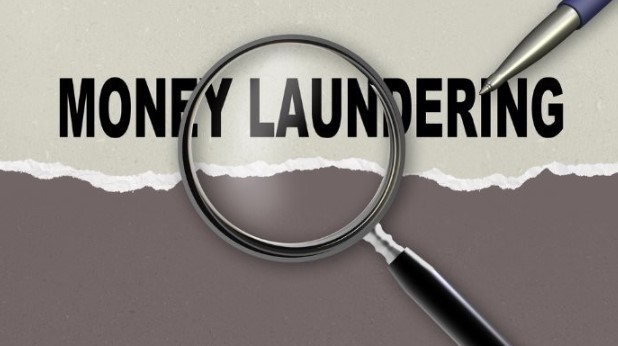
Wealth Tax: Bad ideas in taxation
- August 9, 2024
- 0
In India, estate duty was present from 1953 to 1985. The rates could be very high, as much as 85 per cent, but in practice collection was small.
It was abolished by Rajiv Gandhi. Taxes on the estate or of inheritance are present in many advanced economies. On average, in the 24 countries of the Organisation for Economic Co-operation and Development (OECD) where these are found, they account for 0.5 per cent of tax revenues. It seems like a lot of complexity to suffer, in public administration, in return for a small amount of tax revenue.
The prospect is even less appealing with wealth tax. This was introduced in India in 1957. As of 2012-13 it generated Rs 800 crore. It was abolished in 2015.
Taxation in India is at very high levels, with a maximal personal income tax of 42 per cent, a corporate income tax of 25 per cent and a peak goods and services tax (GST) rate of 28 per cent. Taxing imports, and non-tariff barriers, has been steadily rising. These add up to an extremely high tax environment when compared with most of the post-1991 period. Tax administration in India fares poorly on fair play, rule of law and the arbitrary power of tax officials. The priority in tax policy is not adding on the fresh challenges of a wealth tax or an inheritance tax. It is to make the present machinery (income tax, GST, property tax) work well at the level of both tax policy and tax administration while abolishing all other taxes.
People respond to incentives. The first response to more taxation is to work less. If wealth and inheritance are penalised, people will work less hard to create wealth. This is harmful for the country.
The second response is to reorganise life into tax-efficient structures. Instead of going to the end of life with a will, persons will transfer assets to the chosen ones while living. Many a parent may prefer to repeatedly edit a will in the years leading up to the unexpected death event, instead of losing power by transferring assets to children early in order to avoid taxes.
India is a lower middle-income country. There is a daunting journey in front of us, which is of sustaining growth, of developing state capability, over the coming 100 years. Only four countries which were poor in 1947 have graduated to “advanced economy” status today:
The journey to development is a difficult one, and there is no guarantee of success. Emphasising class warfare will hamper private dynamism and hold back the emergence of state capability.
👇 Please Note 👇
Thank you for reading our article!
If you don’t received industries updates, News & our daily articles
please Whatsapp your Wapp No. or V Card on 8278298592, your number will be added in our broadcasting list.


































































